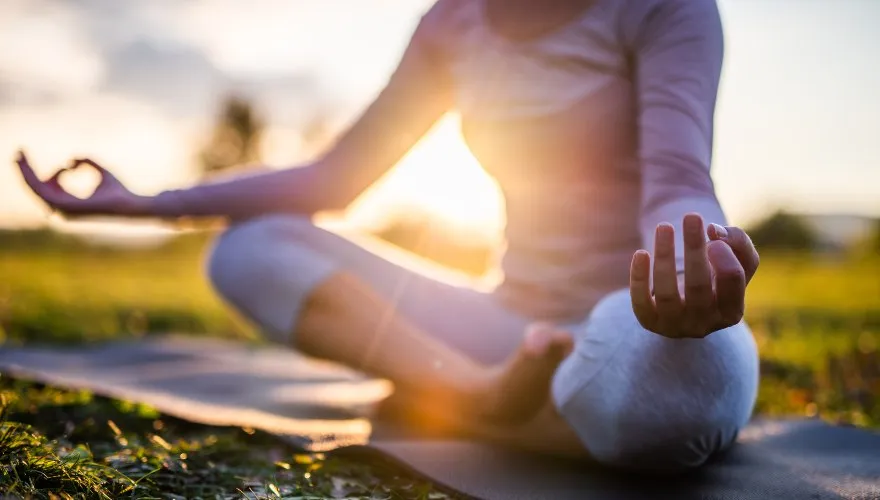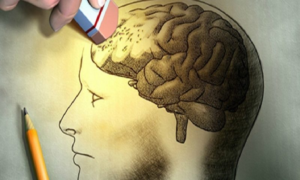In an increasingly hectic world, mindfulness and meditation have become powerful tools to improve mental and emotional well-being. These ancient practices invite us to live in the present, reduce stress and find inner peace. In this article, we will explore the power of mindfulness and meditation and how you can incorporate them into your life to improve your well-being.
1. What is Mindfulness and Meditation:
Mindfulness: Refers to the practice of being fully present in the current moment, without judgment. It involves observing your thoughts, emotions, and physical sensations with acceptance and without immediate reaction.
Meditation: It is a technique that involves concentrating on an object, word or breath to calm the mind and improve awareness. Meditation is a way to practice mindfulness.
2. Reduction of Stress and Anxiety:
Stress Management: Mindfulness and meditation can help you reduce stress by changing the way you react to stressful situations. They allow you to respond instead of reacting impulsively.
Anxiety Relief: These practices can reduce anxiety by promoting relaxation and mental calm. They help you let go of future worries and focus on the present.
3. Increased Awareness and Attention:
Greater Attention: Mindfulness improves your ability to pay attention and concentrate. It helps you perform tasks more efficiently and be more present in your interactions.
Self-awareness: Through observing your thoughts and emotions, you develop greater self-awareness. This allows you to better understand your thinking and emotional patterns.
4. Promoting Emotional Resilience:
Emotional Management: Practicing mindfulness and meditation teaches you to manage your emotions more effectively, which makes you more resilient in the face of difficult situations.
5. Improved Mental Health:
Depression Reduction: These practices can be effective in reducing symptoms of depression and improving overall feelings of well-being.
6. Physical Wellbeing:
Blood Pressure Reduction: Meditation and mindfulness have been associated with reducing blood pressure and improving cardiovascular health.
7. Learn to Live in the Present Moment:
Mindfulness: Practicing mindfulness allows you to fully experience every moment of your life, which can lead to greater satisfaction and gratitude.
8. Incorporate Mindfulness into Daily Life:
Small Moments: You can practice mindfulness in small daily moments, like when you eat, walk, or take a moment to breathe deeply.
9. Start with Meditation:
Short Sessions: Start with short meditation sessions, even 5 minutes a day, and then gradually increase the duration.
Guides and Apps: Use meditation guides or mobile apps that provide you with instructions and tracking.
10. Professional Support:
Health Professionals: If you experience chronic stress or anxiety, consider seeking support from a mental health professional who is familiar with mindfulness and meditation.
Mindfulness and meditation are valuable tools to improve mental and emotional well-being. By regularly practicing these techniques, you can reduce stress, increase awareness, and experience greater inner peace. Incorporate mindfulness and meditation into your daily life and see how they positively contribute to your well-being.







